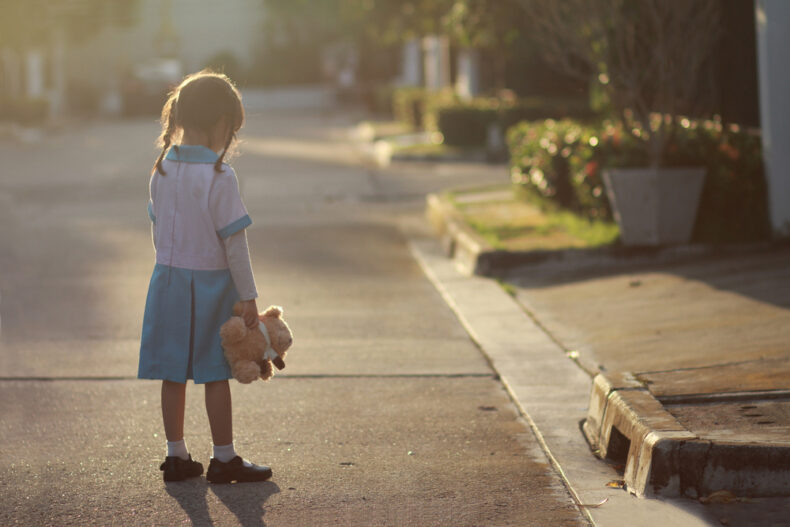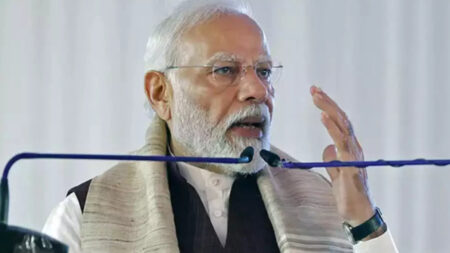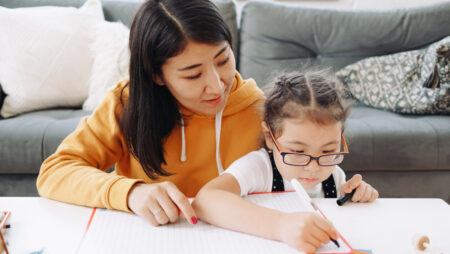Regardless of social, economic, or cultural circumstances, there’s nothing that can take away the pain that’s experienced by orphans and widows globally. After all, orphans are those who have lost one or both parents, while widows are those who have lost their spouses. As a result, these individuals often find themselves in vulnerable positions due to a number of societal, financial, and emotional challenges they’re faced with.
In order to help these orphans and widows, many charities work to provide orphan & widow aid. Such programs are established to ensure that orphans and widows aren’t subjected to so much difficulty that they’re unable to live.
To that end, detailed below are some of the experiences faced by orphans and widows across the globe. From this, the complexities of their lives will be revealed, and their resilience will shine through.
Orphans: Navigating a World Without Parental Guidance

Social Stigmatization
Unfortunately, orphans have a vulnerable status, which means that they’re often subject to social stigmatization in a number of societies. As a result, orphans can be left feeling as though they lack acceptance among their peers, making them feel discriminated against and excluded.Sadly, they can’t even turn to a parental figure in this instance, leaving them without the necessary guidance to navigate healthy social relationships.
Educational Barriers
Naturally, the loss of a parent or both parents results in financial difficulties for orphans. From this, educational opportunities are limited, leaving many orphans unable to develop the essential knowledge and skills that would help them achieve success. Such educational disadvantages can perpetuate cycles of poverty and damage the future prospects of orphans everywhere.
Loss and Emotional Turmoil
It goes without saying that losing a parent is a massively traumatic event that leads to considerable emotional turmoil for orphans. As a result, orphans are prone to feelings of abandonment, and their grief can create a sense of disconnection from the world around them. From this, their psychological development can be affected, which can sometimes result in behavioral problems, anxiety, and depression.
Widows: Balancing Loss and Resilience
Empowerment and Advocacy
Widows are some of the most resilient members of society, and this is all in spite of the many obstacles they encounter in life. That said, a number of advocacy groups and empowerment initiatives have emerged to support widows in their pursuit of social inclusion, economic independence, and overall justice. This comes from challenging traditional norms that provide widows with the necessary tools to rebuild their lives, which can be achieved through a number of policy changes.
Legal and Property Rights
Unfortunately, there are still many cultures in which widows aren’t entitled to inherit their marital property upon the loss of their spouses. As a result, they can be left vulnerable to homelessness and exploitation. A number of legal systems and societal norms discriminated against women’s rights, leaving many widows without the necessary legal rights to function as respected members of society.
Financial Struggles
As previously mentioned, widows often aren’t entitled to inherit from their spouses upon their demise, meaning a lot of widows struggle financially. In a number of cultures, women are often expected to be homemakers, meaning they’re without employment and employable skills. As a result, the loss of their husbands means that they no longer have a form of income, and their lack of previous experience means they’re not deemed employable. Meanwhile, widows are often wrongly deemed as being burdens, as they’re unable to support their families. Consequently, a lot of widows find themselves in poverty to the extent that they’re not able to escape the vicious cycle.













